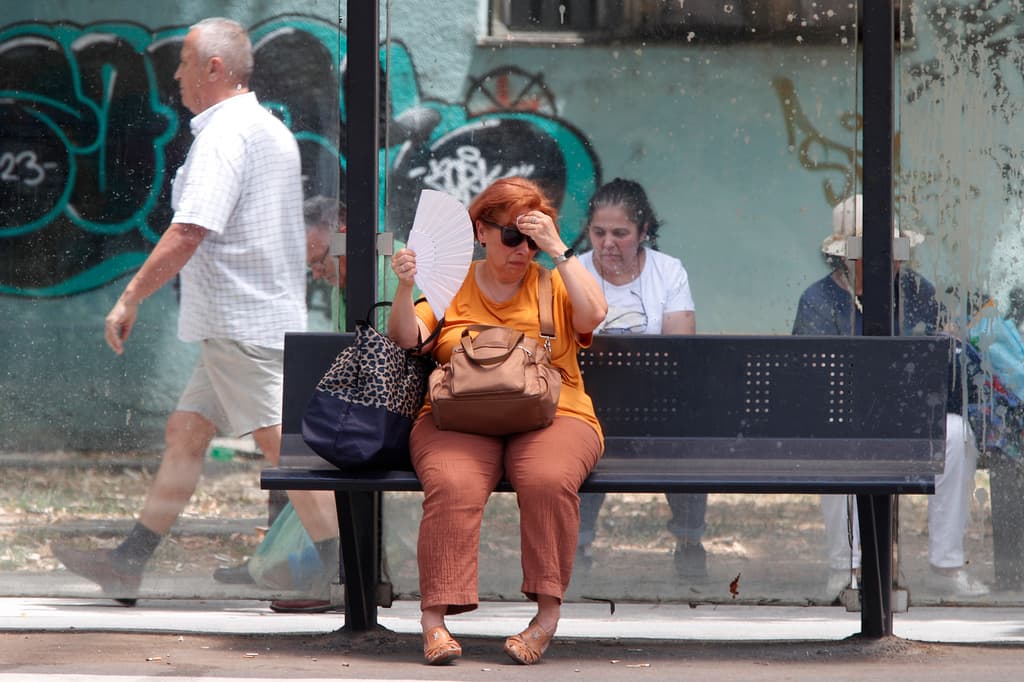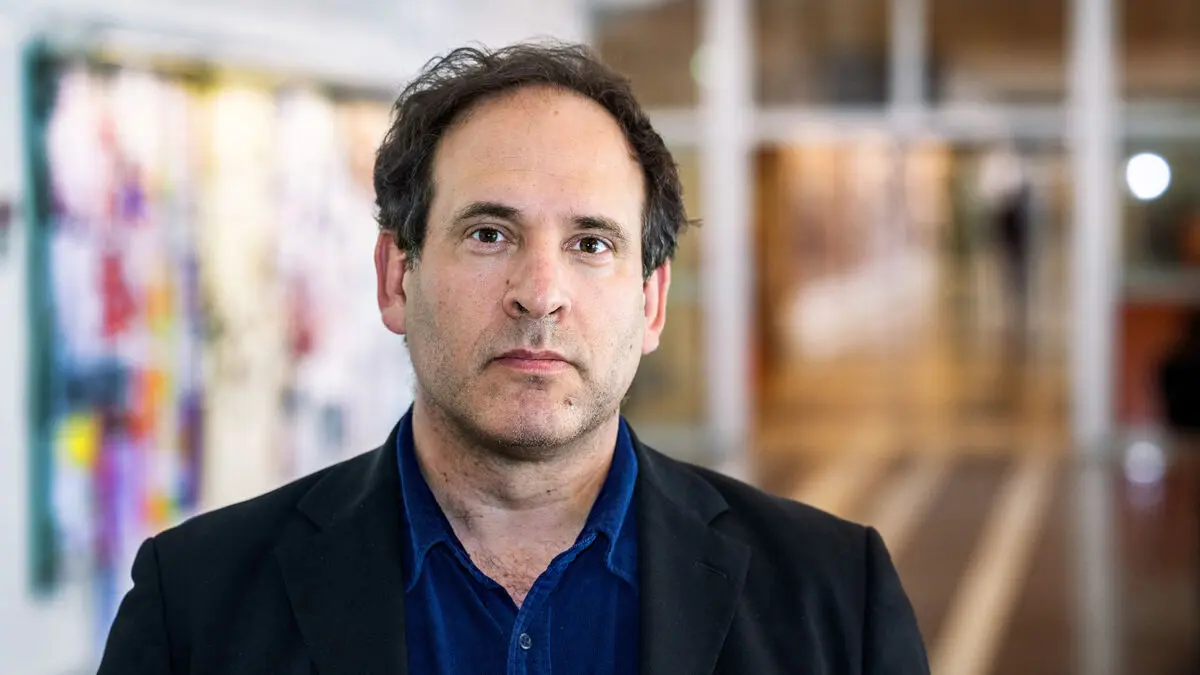In early June, British TV personality Michael Mosley disappeared on the Greek island of Symi after a hike. He was found several days later, dead, likely due to heatstroke.
Every year, over 150,000 people die due to heat, and the number is expected to increase. But what happens in the body when the heat becomes too severe?
At the beginning of the summer, several countries around the Mediterranean have had temperatures of up to 40 degrees. Every year, thousands of people die due to extreme heat.
Imagine you are in a very hot country. At first, the heat may not feel so dangerous. You think you can hang out by the water and cool off. But after a while, you start to feel restless. It would be great to hike for a few hours to the next bay?
But it was hotter than expected, the sun was stronger, and it was farther to the bay than you thought. At the same time, you can't find any shade, and the small water bottle you had with you has been empty for a long time. After just a few hours, you collapse.
At high temperatures, things can go quickly.
Several tourists have died
One of the researchers studying the effects of climate change on humans is cardiologist Petter Ljungman, associate professor at the Institute of Environmental Medicine at Karolinska Institutet.
High temperatures put a strain on the entire body, not least the circulatory system for the heart and blood vessels. The body then tries to lower the temperature by sweating and opening up blood vessels.
This leads to the heart having to beat both faster and harder – which becomes an increased burden on the heart.
If you already have, for example, a heart and vascular disease, you may experience more discomfort. You can get epileptic seizures, become unconscious, and have a heart attack.
But it's not just high temperatures that play a role. The humidity also plays a role for the body.
Sweating becomes less effective in humid climates because the humidity cannot be absorbed into the air, it's already saturated with water vapor, says Ljungman.
The heat can also make you confused and nauseous. It becomes harder to make complex decisions, such as which path to take during a hike – a decision that seems simple but requires weighing in several different factors.
In Greece, several tourists have died during the early summer heatwave. Several of them died when they decided to hike in the middle of the day under scorching sun. Like the well-known BBC profile Michael Mosley.
A cascade of different things happens in the body when you get heatstroke. You get different chemical changes in the body that make you, for example, start leaking fluid into your lungs or brain. Even the intestines are affected, so the body lets in more toxins from the gut into the blood, says Ljungman.
What you can do yourself
What you can do yourself during extreme heat is to drink a lot, get enough salt, wear loose-fitting clothes, and avoid being outside when it's hottest.
If you come from Sweden to a warmer country, it takes the body a few days to adapt, says Ljungman.
In a way, tourists can be extra vulnerable, despite often having it better than the local population in warm places, he believes.
It's about behavior and expectations. You may have paid a lot of money for your vacation and thought you would do this and that. But then you haven't counted on the heat and don't have the same knowledge, understanding, or habit of how to handle it when it's extremely hot. So it's no coincidence that tourists are affected to a higher degree.
But it's impossible to say a general temperature or limit for when the heat becomes dangerous. Partly because it's individual how you handle heat, and partly because factors such as humidity and wind play a role.
Those at greatest risk
It is primarily the elderly, chronically ill, people with disabilities, small children, and pregnant women who are extra sensitive to heat. But also people who take certain medications that affect the body's ability to regulate body temperature and fluid balance, such as diuretics or antidepressants, are at greater risk.
However, most deaths that occur during heatwaves do not occur directly due to heatstroke, but due to underlying diseases.
Many more people die from heart and vascular disease on days when it's very hot. Even people with lung or kidney disease die. Above all, it's people who are more sensitive and who may have organs that are sick.
In the future, even more people will die due to heat, says Ljungman.
Heatwaves will come more often. They will be longer and hotter. You have to take this seriously and prepare yourself, even in Sweden, to be able to protect our population, not least the vulnerable groups.
Extreme heat takes the lives of thousands of people every year. Most deaths occur in Asia, but in terms of population percentage, the figure is higher in Europe, particularly in the southern and eastern parts.
In 2018, for example, an estimated 700 people died due to heat in Sweden, and over 70,000 deaths were linked to the hot summer that prevailed in Europe in 2003.
Source: Study published in Plos Medicine






